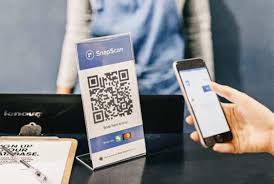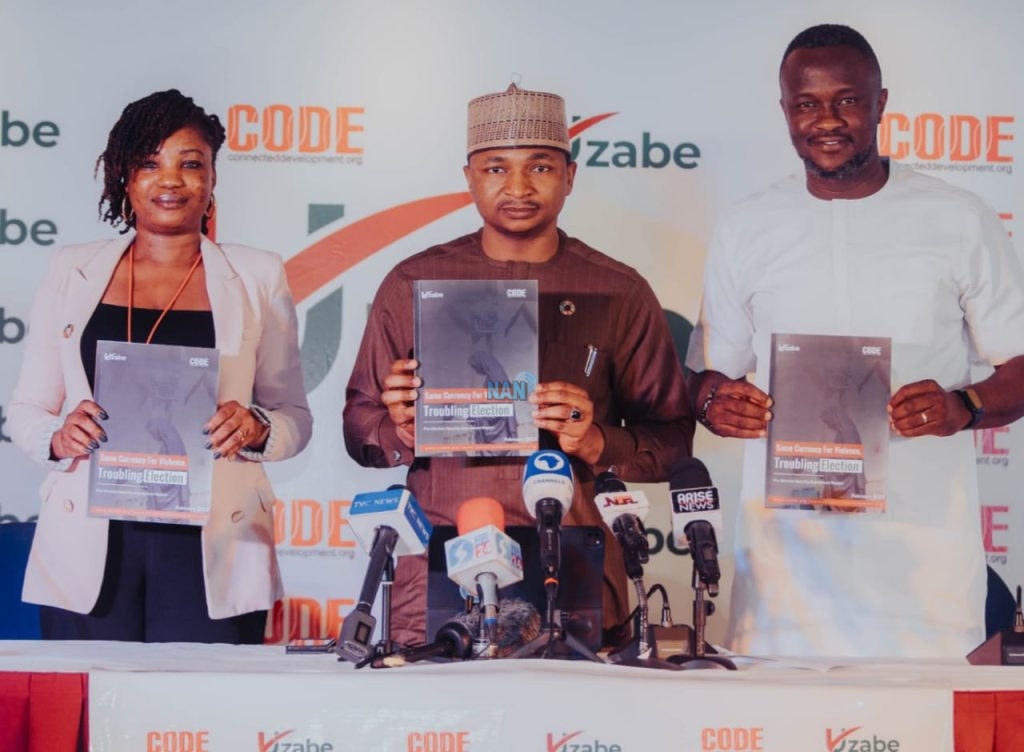South Africa’s Scan to Pay has announced QR code payments in SA. A growing number of people are embracing the convenience of using their mobile devices, from low-end smartphones to high-end smartphones, to make payments, according to Scan to Pay data, which is now powered by Ukheshe Johannesburg, South Africa, and used by Masterpass.
Mobile payments are rising, with 12 million transactions every month.
A mobile phone with a camera can be used to scan QR codes by almost anyone.
The 10-digit number at the bottom of the QR code makes Ukheshe’s Scan to Pay special.
USSD, or Unstructured Supplementary Service Data, is something that South Africans who call *# are used to. USSD is an important tool for financial inclusion because it can help a lot of people get mobile financial services, especially those with low incomes.
Read also: ‘Pick N Pay’ Begins Crypto Payments In South Africa
Benefits of Scan-to-Pay in South Africa
Businesses also benefit greatly. QR codes are a cheap and easy way to pay on a merchant’s website, at an e-commerce checkout, or in person. QR beats online and limited-use digital payment techniques. Businesses can accept payments online or at a store, while consumers have more choices, including their own banking app.
When it comes to digital payments, both businesses and users should put security first. The fact that the Ukheshe Scan to Pay QR works with bank apps is a plus. The built-in security of QR code deals and the security of banking apps make the process even safer. Several security checks are done on sales made with Scan to Pay. The phone number and card number of the buyer are matched up.
QR codes are easy, safe, and unique. Their versatility intrigues. Small businesses, restaurants, large supermarkets, petrol stations, and national service providers can accept QR payments. QR codes simplify tax and utility payments. As QR becomes faster, cheaper, more common, and the preferred trading method, its disadvantages will outweigh its advantages.
QR avoids ATM fees and change theft. QR eases financial and economic integration. Low-income people are especially affected.
Millions of businesses and people have used South Africa’s biggest QR ecosystem, Ukheshe’s Scan to Pay. More than 500 000 sellers, 14 banks and fintech companies, 94 payment service providers, and six acquirers all use it for QR payments.
All of the major banking apps in South Africa allow Scan to Pay QR payments, and the app can be downloaded on most mobile devices.
How Scan to Pay works
The Masterpass app has been changed to Scan to Pay, powered by Ukheshe. It still has the same level of security and speed. Scan to Pay has a new look and feel, making it easy for users to pay for things.
Scan to Pay is South Africa’s biggest QR ecosystem. It works with six acquirers, 94 PSPs, 14 banks and fintechs, three MNOs, and more than 500,000 retailers. This large network makes sure that people all over the country can connect to it and use it.
Our goal is to give people in South Africa a simple, safe, and easy way to pay that opens up new opportunities for QR payments. With Scan to Pay, we make it easy for users to pay across all channels and devices, making payments more convenient and improving the payment experience as a whole.

